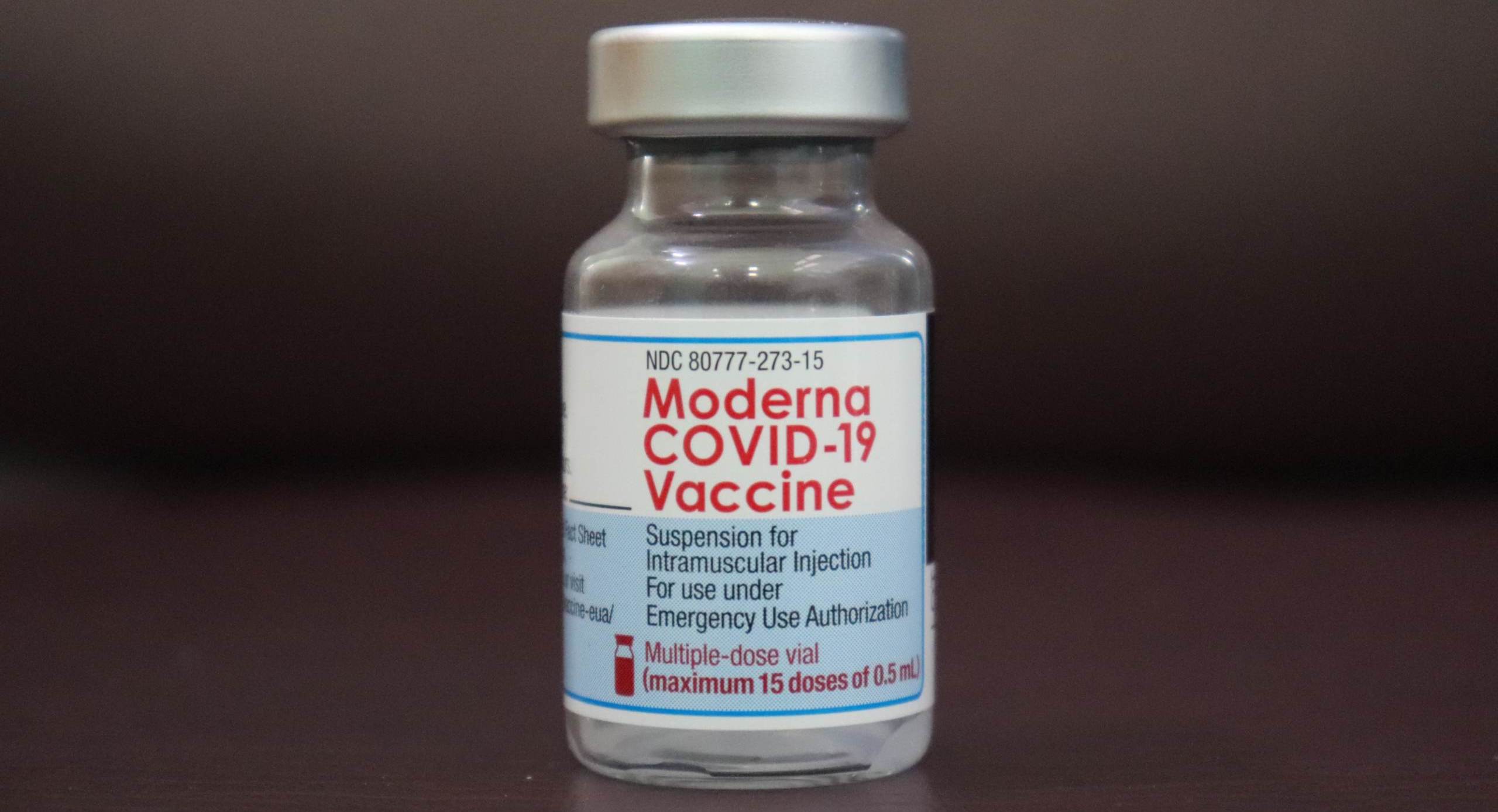Left critics and self-hating Democrats believe that Obama was a Republican-indulging compromiser. So did Biden and his appointees, who were determined to outdo Obama using narrow Democratic control of Congress. Why they blew it.
This is a piece from a new source for me called the Washington Monthly. Many of the articles are left leaning, but this one does make some sense. I’ll highlight some of the comments I agree with. Most of this article is Bullshit. But I felt all should see how the left thinks.
In July 2010, President Barack Obama signed the Dodd-Frank banking bill. Its passage marked his administration’s third major legislative accomplishment, joining the American Recovery and Reinvestment Act and the Affordable Care Act. The former, known as “the stimulus,” helped cut short the Great Recession. It also powered a clean energy revolution. From the beginning to the end of the Obama administration, wind power capacity tripled and solar power capacity increased by an astonishing 2,500 percent. The ACA, or “Obamacare,” expanded health insurance coverage, helping to reduce the percentage of uninsured Americans from 14.7 in 2008 to 9.2 in 2021. To fund expanded coverage, the ACA imposed new taxes on the wealthy, which, in concert with subsequent tax code changes, subjected the richest 1 percent of households to their highest tax burden since 1979. And Dodd-Frank’s reorganization of the financial regulatory system, according to the financial reformers at Better Markets, succeeded in “making a financial crash much less likely.”
At the same point, 486 days into his administration, Joe Biden’s scorecard is not as full. His biggest victory is the $1.2 trillion Infrastructure Investment and Jobs Act. The $1.9 trillion American Rescue Plan Biden signed was significant as well, but his failure to extend the law’s poverty-fighting child tax credit expansion beyond December 2021 mars its legacy.
From the new book This Will Not Pass by the New York Times reporters Alex Burns and Jonathan Martin, we know that Biden had hoped to surpass Obama’s legislative output and impact. The president is quoted as saying to an adviser, “I am confident that Barack is not happy with the coverage of this administration as more transformative than his.” (And House Speaker Nancy Pelosi is quoted as having told a friend, “Obama is jealous of Biden.”)
But 16 months into Biden’s presidency, it seems unlikely to be as transformative as Obama’s. It may succeed in many respects; great foreign policy achievements may be in store; a burst of bipartisanship could dampen our polarization. But the window for sweeping progressive legislation appears to be closed. Any last-ditch “reconciliation” bill this year, somehow earning Senator Joe Manchin’s approval and a barely sufficient 50 Senate votes, will have to be much smaller than the Build Back Better bill, meant to be Biden’s crowning legislative achievement. Truly ambitious party line legislation beyond this year would necessitate a Republican collapse, allowing Democrats to control Congress despite high inflation and Biden’s poor approval ratings.
The value of comparing these two administrations is not to settle some presidential pissing contest but to determine how best to enact progressive change.
We learn from This Will Not Pass that the Biden administration was heavily influenced by critics of Obama’s conciliatory approach, some of whom came from within that administration itself. According to Burns and Martin,
The people [Biden] had put in place at the highest levels of the White House largely aligned with [Senate Majority Leader Chuck] Schumer and Pelosi in their view of congressional Republicans. Mostly veterans of the Obama administration, they were haunted by their party’s last experience governing in an economic crisis, in 2009, when a newly inaugurated Democratic president and his top staff had spent months pleading and horse-trading for Republican support on various essential priorities and come away with little to show for it. [White House Chief of Staff] Ron Klain was among the Biden aides who [were] clear-eyed about the early missteps of the Obama administration …
The Obama administration, Klain believed, had moved too slowly in its early days to address the recession, and it had done too little to explain to the public what it was doing … Klain fretted that there was a risk Democrats would make the same mistakes again: allowing a drawn-out negotiation over dollar figures and time-tables to overshadow the real benefits the administration wanted to give voters.
Such a narrative became popular in progressive circles, driven by pundits like the New York Times columnist and economist Paul Krugman. In January 2009, Krugman deemed Obama’s $775 billion stimulus proposal “not enough” to deal with an estimated $2.1 trillion of lost production in the Great Recession. Five years later, Krugman called the stimulus, despite its positive policy elements, a “political disaster” that ended up “discrediting the very idea of stimulus.” Krugman also criticized Obama in August 2009 in response to reports that he was “backing away” from a “public option” during health care negotiations: “It’s hard to avoid the sense that Mr. Obama has wasted months trying to appease people who can’t be appeased.”
Obama revealed his real-time response to such complaints in his memoir, A Promised Land. Attempts to include a public option were dropped toward the end of the process at the behest of moderates in the Democratic caucus, enraging many progressives. Obama wrote,
I found the whole brouhaha exasperating. “What is it about sixty votes these folks don’t understand?” I groused to my staff. “Should I tell the thirty million people who can’t get covered that they’re going to have to wait another ten years because we can’t get them a public option?” It wasn’t just that criticism from friends always stung the most. The carping carried immediate political consequences for Democrats … all the great social-welfare advances in American history, including Social Security and Medicare, had started off incomplete and had been built upon gradually, over time. By preemptively spinning what could be a monumental, if imperfect, victory into a bitter defeat, the criticism contributed to a potential long-term demoralization of Democratic voters—otherwise known as the “What’s the point of voting if nothing ever changes?” syndrome—making it even harder for us to win elections and move progressive legislation forward in the future.
I find Obama’s explanation sensible. Yet inexplicably to me, many Obama administration veterans favor the Krugman view. Even more bizarre, Biden, after pushing back on progressive Obama critics in the 2020 primaries, surrounded himself with such critics once in office. The result was a Biden administration less attuned than his Democratic predecessor’s at determining what could be achieved with the Senate votes available.
Yes, Obama had more Senate Democrats to work with than Biden’s 50. Obama began his presidency with 58 Democrats. In late April 2009, Senator Arlen Specter switched parties to make it 59. In early July 2009, Al Franken was sworn in as the 60th Democratic senator following a grueling recount. Then the number was knocked back to 59 in February 2010 after Massachusetts Republican Scott Brown won the special election to succeed the deceased Senator Ted Kennedy.
With such a big majority, you might think that Obama could have plucked just about anything off the progressive wish list and made it law, using budget reconciliation—the procedurally complex filibuster-proof process Biden used last year to pass the American Rescue Plan with just 50 Senate Democrats. But Obama’s big majority included a sizable and stingy moderate faction, and not just in the Senate. In 2009, the House had 255 Democrats, but 49 were moderate Blue Dogs, more than enough to deny Pelosi a majority.
As Michael Grunwald explained in his history of the 2009 stimulus, The New New Deal, Obama “had to make sure Blue Dogs in the House and centrist Democrats in the Senate didn’t jump ship,” because even before the inauguration, “they were already sounding alarms about runaway spending.” In December 2008, then Vice President–elect Biden was compelled to publicly state that the emerging package “will not become a Democratic Christmas tree.” That effectively cut off any talk about using reconciliation for the first major bill of the Obama administration. And when a Senate version of the stimulus grew to $930 billion, a group of moderate Republicans and Democrats came together to scale it back to $780 billion.
Following the February 2009 passage of the Recovery Act, Democratic leaders wanted reconciliation available for the rest of Obama’s agenda, but fellow Democrats stymied them. When putting together the budget resolution—the parliamentary precursor to a budget reconciliation bill—Democrats agreed to include health care and education as eligible for the reconciliation process. But a Republican motion explicitly denying the same privilege for any climate change bill was embraced by 26 Senate Democrats and passed overwhelmingly—an omen that the Senate was not going to be hospitable to any ambitious climate change bill.
Even though health care made the cut, Democrats said at the time that the reconciliation option was a last resort. Reconciliation bills can only include budget-related provisions, and many health care reform proposals wouldn’t qualify (a procedural obstacle that fatally compromised Republican efforts to repeal Obamacare using reconciliation in 2017). Then Senate Budget Committee Chair Kent Conrad said, “Virtually everyone who has been part of these discussions recognizes that reconciliation is not the preferred way to write this legislation. But the administration wants to have a reconciliation instruction as an insurance policy.”
In turn, Obama calibrated his legislative agenda to meet the limits of what the 60th vote would allow. For the Recovery Act, after helping to limit the price tag, the 58th, 59th, and 60th Senate votes came from Maine Republicans Susan Collins and Olympia Snowe, and—before his switch—Specter. (Senate Democrats were united in support, though eight House Democrats broke ranks.) For Obamacare, the 60th vote came from Democrat-turned-independent moderate Joe Lieberman, who refused both the public option as well as a Medicare buy-in option for those turning 55. For Dodd-Frank, it came from Scott Brown (offsetting the loss of progressive Democrat Russ Feingold), who demanded that a proposed tax on banks be stricken from the bill. It was.
Student loan reform did piggyback on a reconciliation package used to finish up the Obamacare process, accommodating changes sought by the House weeks after Senate Democrats lost their 60th seat. Fifty-six Senate Democrats passed that follow-up bill, with three Democrats joining Republicans in opposition.
Some progressives never cottoned to the horse trades required to win those votes and partly blamed watered-down legislation for the poor Democratic performances in the 2010 and 2014 midterms and even Donald Trump’s 2016 victory. The Biden presidency offered the opportunity to prove the alternate theory of the case. Don’t strain for the 60th vote. Use the reconciliation process. Go big with 50 votes. Don’t even bother with Republicans.
But whatever the merits of reconciliation, basic legislative competence still requires accommodating the determining vote, be it the 60th vote in regular order or the 50th vote in reconciliation.
Biden simply did not do that in his pursuit of a wide-ranging Build Back Better bill. In December, he didn’t rush to take Manchin’s $1.8 trillion offer, apparently because it left out an extension of the expanded child tax credit. As Biden hesitated, Manchin announced his opposition to the entire bill and revoked the offer. Biden was understandably reluctant to give up on a program that had successfully slashed child poverty and had the makings of a signature policy achievement. But it was politically foolish to presume that the one-year expansion of the credit—slipped into the American Rescue Plan reconciliation measure—would be extended indefinitely without first securing Manchin’s support.
Krugman and others charged Obama with having “wasted time” by trying for months to win Republican support for the Affordable Care Act, support that never materialized. But Obama wasn’t just chasing Republicans; he was also chasing Senate Democrat moderates. However long it took, he found the votes he needed. Notably, Obamacare (and the student loan reform that rode along with it) was an anomaly. Every other bill Obama signed into law was passed thanks to mathematically necessary Republican support. It’s far more accurate to charge Biden with having wasted time on Build Back Better, as he spent months trying to wear down Manchin and ended up with nothing. Biden took less time getting the 60 Senate votes needed to pass an infrastructure bill precisely because he let those moderates who held the determining votes take the lead on negotiations.
Getting the historical narrative correct matters. Democrats should have been telling a positive story of Obama’s presidency, one where landmark laws made America better, and he became the first Democratic president to win reelection with more than 50 percent of the popular vote since Franklin D. Roosevelt. Instead, Democrats told a narrative that lacked historical perspective, blaming an inevitably imperfect legislative record for midterm losses, even though such defeats are common for the president’s party. Amazingly, Joe Biden, of all politicians, a figure who has lived through decades of Washington history, got suckered into accepting a flawed narrative. No wonder his legislative strategy was similarly flawed.










 Chances are you know someone who always appears to be insanely happy regardless of the circumstances or situation. Chances are this is actually one of the most dysfunctional people you know. Denying negative emotions leads to deeper and more prolonged negative emotions and emotional dysfunction.
Chances are you know someone who always appears to be insanely happy regardless of the circumstances or situation. Chances are this is actually one of the most dysfunctional people you know. Denying negative emotions leads to deeper and more prolonged negative emotions and emotional dysfunction.










 A new study conducted by scientists from the National Institutes of Health (NIH) and Moderna Inc. showed that mRNA vaccines hurt the long-term immunity to Covid-19 after contracting infection compared to unvaccinated people.
A new study conducted by scientists from the National Institutes of Health (NIH) and Moderna Inc. showed that mRNA vaccines hurt the long-term immunity to Covid-19 after contracting infection compared to unvaccinated people.


